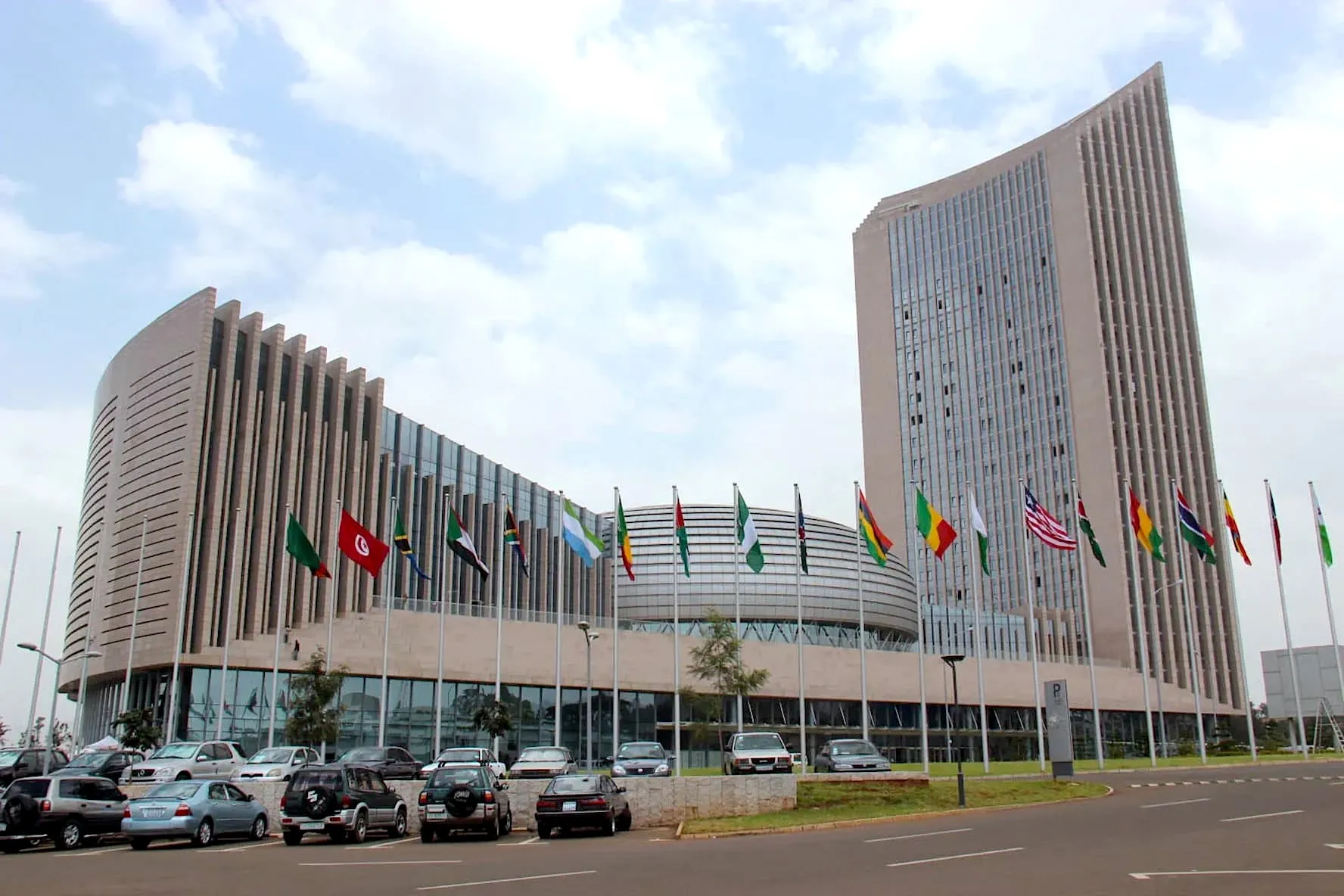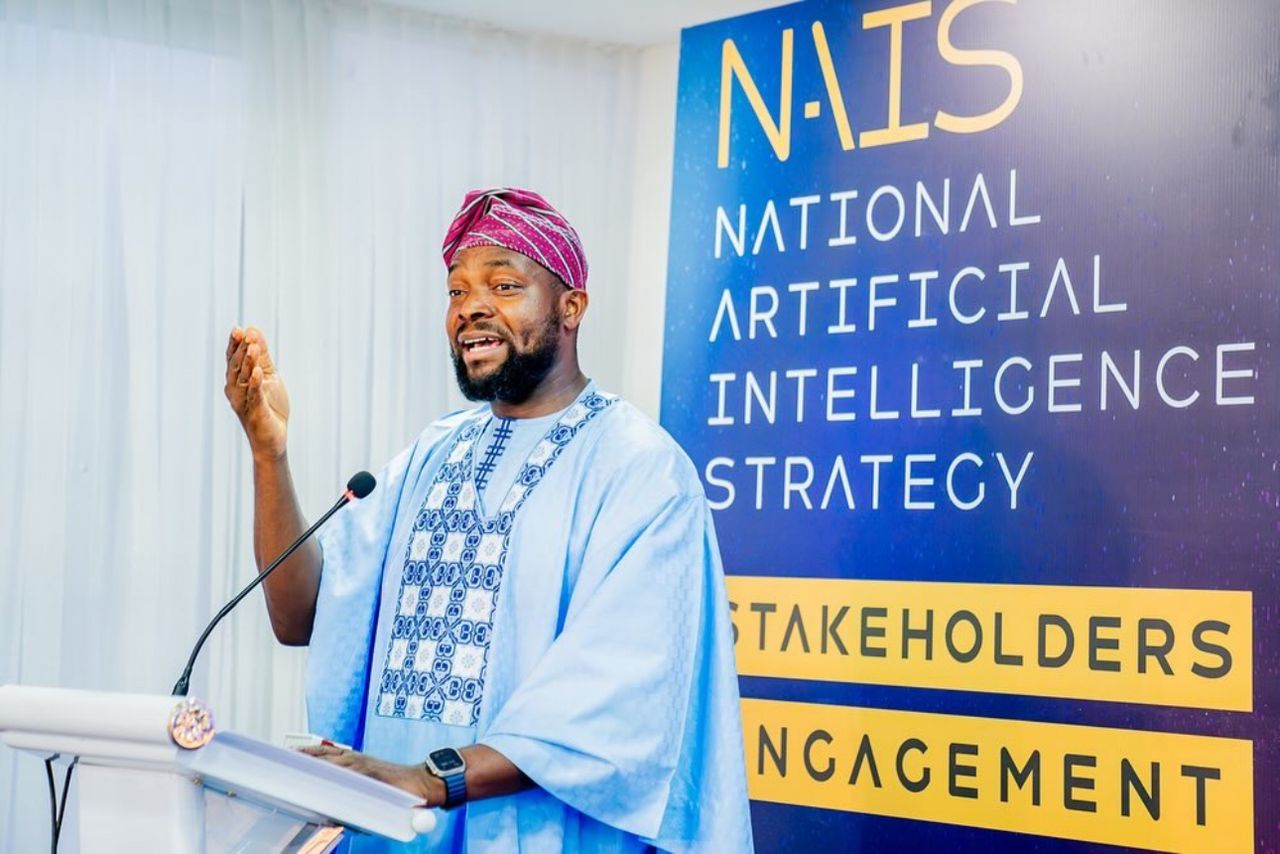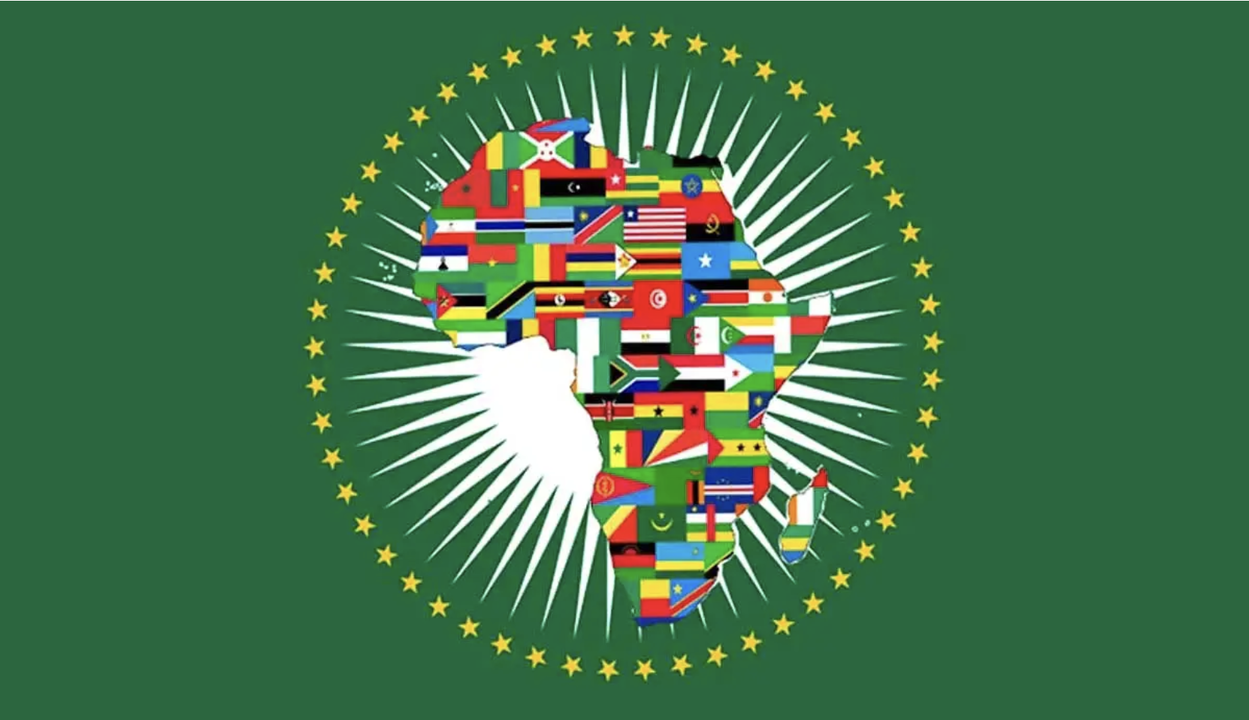As of September 2025, Africa stands at a crossroads in the global AI revolution. While the continent is witnessing a surge in AI adoption and policy development—with at least eight countries having national AI strategies and others in progress—these efforts are mired in
controversy. Critics argue that many initiatives perpetuate exploitation, enable surveillance, and widen inequalities, rather than fostering genuine innovation. From labor abuses in AI data labeling to government-deployed spyware, these policies highlight the tension between technological progress and ethical concerns. This article explores the key controversies shaping Africa’s AI landscape, drawing on recent developments and expert insights.
The Exploitation of African Labor:
Modern-Day Digital Colonialism
One of the most heated debates surrounds the outsourcing of AI training tasks to African workers, often under exploitative conditions. In Kenya, for instance, tech giants have been accused of relying on low-wage labor—sometimes as little as $1.50 per hour—to label data for AI systems. This practice, dubbed “digital colonialism,” sees African workers unknowingly contributing to tools that may repress their own communities or benefit foreign corporations disproportionately.
Posts on X have amplified these concerns, with users labeling it as “enslavement by tech companies” to refine AI for users in wealthier nations.
Environmental impacts add fuel to the fire.
AI’s energy-intensive nature exacerbates climate vulnerabilities in Africa, where resources are already strained. Critics point out that while the Global North reaps the benefits, African nations bear the ecological and human costs, reinforcing a neocolonial dynamic where the continent serves as a data mine rather than an AI innovator. Uganda’s plan to host Africa’s first AI “factory”—a hyperscale computing hub backed by NVIDIA—has sparked similar worries about whether it will empower locals or simply export talent and resources.
Surveillance and Government Overreach:
The Rise of AI as a Tool for Control
AI policies in several African countries have raised alarms over privacy and democratic erosion. In Kenya, the government’s alleged deployment of “Lumirax AI,” a spyware system, aims to monitor journalists, opposition figures, and public sentiment while running pro-government troll farms. This has been criticized as a blatant tool for silencing dissent, especially amid youth-led protests where AI chatbots like Corrupt Politicians GPT exposed graft. The Kenyan government
has expressed concerns about AI’s role in these uprisings, highlighting a hypocritical stance: embracing AI for control while fearing its democratizing potential.
Similarly, AI-generated propaganda poses a threat to African democracies, with generative tools enabling misinformation campaigns that could sway elections or incite unrest. In Ethiopia, AI surveillance tied to data colonialism has been linked to conflict escalation, where underpaid workers train systems used in repression.
Nigeria’s initiative to use AI for identifying rural poor populations has been mocked as a thinly veiled opportunity for corruption, with critics dubbing politicians “demonically incurable thieves.” These examples underscore fears that AI policies are being weaponized by authoritarian-leaning regimes, prioritizing state power over civil liberties.
The Pitfalls of Copy-Paste Policies and the Digital Divide:
Africa’s rush to formulate AI strategies—seen in nations like Ghana, Rwanda, Kenya, and Namibia—has been praised for its ambition but slammed for mimicking Western models without adaptation. Experts warn that a “copy and paste” approach could backfire, ignoring local contexts like rural healthcare or food security challenges that Rwanda has successfully targeted. This one-size-fits-all mentality risks entrenching inequalities, as Africa receives less than 1% of global AI investment, positioning it as a consumer rather than creator.
The digital divide is stark: While Kenya and Rwanda lead in AI adoption, countries like South Sudan and Burundi lag, threatening regional integration.6ec624 Africa’s low AI Usage Index—Nigeria scores a mere 0.2 compared to Singapore’s 4.57—could result in a $2.9 trillion GDP loss by 2030 if unaddressed. Taxation policies, such as Kenya’s proposed 16% VAT on tools like ChatGPT, have ignited backlash for stifling access and innovation. In Nigeria, an alleged “crusade against AI” reflects anti-intellectualism that could leave the “Giant of Africa” sidelined in global development.
Avoiding Technosolutionism:
A Call for Ethical, Homegrown AI
Amid these controversies, voices like those from the Brookings Institution urge Africa to avoid “technosolutionism”—the blind faith that AI alone can solve deep-rooted social issues. Instead, policies should prioritize skills development, as Zimbabwean billionaire Strive Masiyiwa emphasized at a recent summit: Without focus on coding and STEM, Africans risk being “hustlers without skills” who “sleep hungry.” Initiatives like Japan’s pledge at TICAD 2025 to train 30,000 AI professionals aim to bridge the talent gap, but questions remain about retaining expertise locally.
Positive outliers exist, such as Nigeria’s Maiga AI, which seeks to build indigenous tools for agriculture and health.Yet, the overarching narrative is one of caution: Africa’s AI policies must evolve beyond exploitation and control to ensure equitable benefits.
In conclusion, while AI holds transformative potential for Africa—projected to reach a $16 billion market—the current controversies reveal systemic flaws. Without addressing labor abuses, surveillance risks, and policy mismatches, the continent risks deepening divides rather than closing them. As global powers vie for influence, Africa’s leaders must craft regulations that prioritize sovereignty, ethics, and inclusion to truly harness AI’s power.




